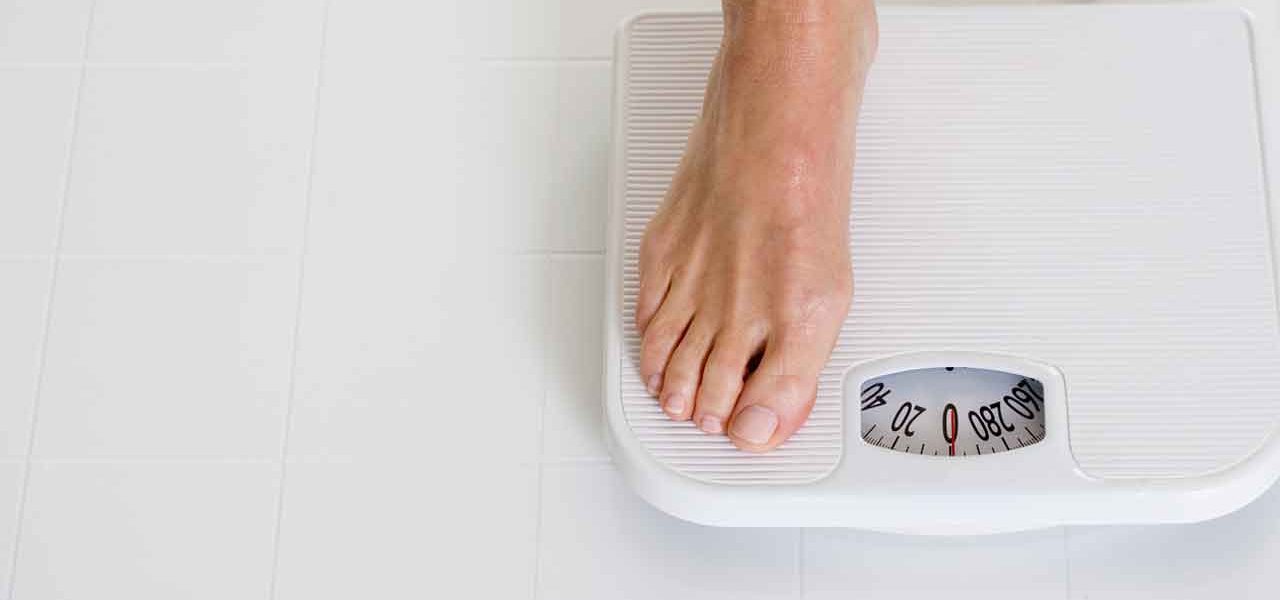November 17, 2017
Fitness Fallacies: Truths About Exercise and Weight Loss

Do you step on the scale every day? Have you been spending hours on the treadmill or StairMaster, but haven’t made any progress? Or, more importantly, are you losing sleep to calorie counting? If you answered yes to all of the above, I have some good news and some bad news: The bad news is: everything you know about fitness may be totally wrong, and this could be why you’re not seeing the results you’re after. The good news is: we’re about to change that with some bite-sized, great-to-know facts.
The thing about exercise and weight loss most people refuse to come to terms with is they do require a certain elevated level of mindfulness before, during, and after the actual workout. This may seem like a daunting trade off for a beach-ready bod, but as with any other largely beneficial, long-term lifestyle change, it all starts with better knowledge and habits. Let’s get started.
Myth No. 1 – Longer workouts mean more calories burned.
If you’re not really looking to become a bodybuilder, and you just want to shed some pounds, improve overall health, and fit into that dress from circa 1990, spending over an hour at the gym is a bit of a waste of time. The trigger your body is looking for to raise your metabolism and burn fat are workouts that make you push yourself much harder, but only in short bursts, a few times over. This type of workout is typically called HIIT, or high intensity interval training.
YOU MIGHT ALSO LIKE: Fire Up Your Workout with HIIT
When you push yourself for short bursts, your body kicks into high gear and cranks everything up – heart rate, breakdown of glucose and fat stores for energy, breathing, adrenaline, muscle synapses, etcetera. HIIT shocks the body, and activating all these adaptive systems trains it to be more efficient in the long run (No pun intended!). In fact, when you push yourself for at least 20 to 30 minutes, you will continue reaping the fat-burning benefits of a post-workout amped up metabolism for at least 16 to 24 more hours.
Myth No. 2 – Exercise is the key to weight loss.
Wrong again. While everyone who looks nice and taut in their beachwear does workout regularly to build and maintain all that muscle tone, exercise technically only serves to speed the weight loss process up – aside from offering you an endless list of health benefits, of course.
“Train insane or remain the same”? Maybe. “Abs are made in the kitchen, not the gym,” or “You can’t outrun a bad diet”? Definitely. The key to weight loss is eating better. Note, however, that I used the term better instead of less. While both terms should be your guide when making changes in your diet, eating better is far more effective and much less depressing than simply eating less and obsessing over calories. Certainly, eating 1,400 calories of lean meat, whole grain, vegetables, and fruit is better than 1,200 calories of fast food and refined sugars.
Myth No. 3 – Make monitoring your weight a daily habit.
This is the best way to start your days with frustration. The number we see on the scale changes pound for pound on a daily basis, in response to a wide range of factors most people are not aware of. For example, waking up from a night of junk food and drinking, and weighing yourself may make you think you dropped 2 lbs. overnight. What you’re really seeing is dehydration, not actual fat loss. True weight change manifests itself week to week.
It is also important to know that if you have been working out more, you may actually gain a few pounds. This is because the body’s natural response to strenuous muscle activity is to build more muscle, which weighs heavier than your fat stores. This is nothing to be upset over, as more muscle can actually mean less fat in your overall body composition.
Myth No. 4 – I’m already skinny. I don’t need to change anything.
Skinniness is not the gauge of fitness and health. I know a handful of people who are stick thin, but eat the worst things on a daily basis: McDonald’s, a pack of Skittles, canned meat, and chips. They owe much of their skinny frame to genetics, but their body composition is most likely more on the fatty side than the muscular. Being skinny may feel like the end goal, but exercise and proper nutrition offer too many health benefits for even the skinniest individuals to turn a blind eye to.
YOU MIGHT ALSO LIKE: How to Motivate Yourself to Keep Your Diet Resolutions


